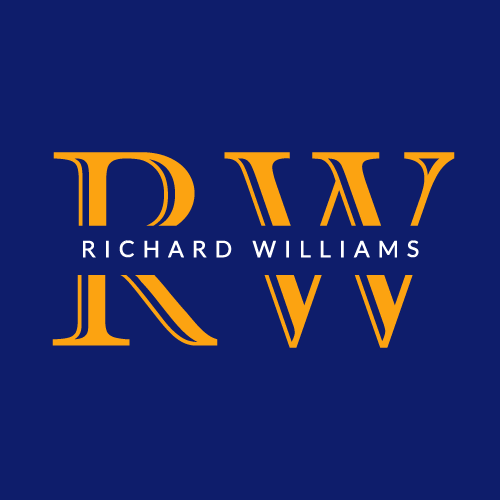Challenging Science
Technology will make it increasingly difficult for the state to control the information its people receive. . . . The Goliath of totalitarianism will be brought down by the David of the microchip.
— Ronald Reagan, speech at London’s Guildhall (1989)
Seeking to silence scientific views is making news lately, particularly COVID-19and global climate change opinions. When there are people in power who feel that their views must be the correct ones, we can expect not just challenges to their views but challenges to their right to suppress other views. In other words, a challenge to a monopoly which can be firms, religious institutions, or governments.
In 1946, a U.S. law was created to help ensure that the powerful federal regulatory agencies would not have such a monopoly. It was called the Administrative Procedures Act (APA) and was intended to address the power of newly created agencies under President Franklin Roosevelt.
In all forms of competition, the goal of competitors is to beat the others by as much and for as long as possible. Competition in the economic realm has allowed us to reach new heights of shared wealth in the world and we have made it a point (e.g., the Federal Trade Commission) to disallow monopolies that seek to stop progress by preventing potential firms from entering with better or cheaper products. Irving Fisher, described a monopoly as a market with an "absence of competition" where a person or an enterprise is the only supplier.
Of course, monopolies can emerge from spheres other than firms and they affect more than just the buying and selling of products. They also affect science. Scientists, like Galileo Galilei, were persecuted by the Roman Catholic Church. In Galileo’s case, it was his view of heliocentrism, that the Earth revolves around the sun. He was made to stand trial and spent the last decade of his life under house arrest. In 1992, 359 years later, the church admitted he had a point. Rene Descartes, who championed the idea of rational thought over religion, challenged the monopoly of the Church and died under mysterious circumstances. Unfortunately for Giordano Bruno, also a rationalist philosopher, he was burned at the stake for heresy and today is still branded a “heretic.”
Although COVID and global climate change are in the news because of the government speech monopolies, regulatory agencies possess a great deal of power over speech - despite the APA. This is particularly true of our science agencies, e.g., the Food and Drug Administration, the Department of Energy, the Environmental Protection Agency, the U.S. Department of Agriculture, and the Centers for Disease Control.
The APA included two provisions to ensure that the public could comment on proposed rules and that the agencies would have to consider those comments. They were called “formal” and “informal” rulemaking. Although they sound like the difference between tuxedos and flip flops, in fact they address how agencies are supposed to interact with the public.
In formal rulemaking, agencies may be sued by even a single person and hearings are held before an administrative law judge. In these hearings, agencies must respond to arguments with their own logic and evidence. But these rulemakings have been considered “cumbersome” and are rarely used, particularly after a Supreme Court decision.
That leaves agencies with the “flip flop” option of informal rulemaking. In this type of rulemaking, the agencies are required to announce their rules and then take public comment on them. They are also required to “respond” to those comments. The problem is, if they don’t agree with the comments, they may just respond with “We don’t agree with you.” or “You didn’t provide enough information.” This means that major changes from proposal to final rules are rare.
Unlike COVID and global climate change, most of the science monopoly rulings are under the public and media radar. But it is time to revise the APA and, perhaps using the advantages of the internet or social media, we can find a way to ensure that there is real debate over regulatory science policies. In President Reagan’s parlance, let’s bring competition to science by arming David.
